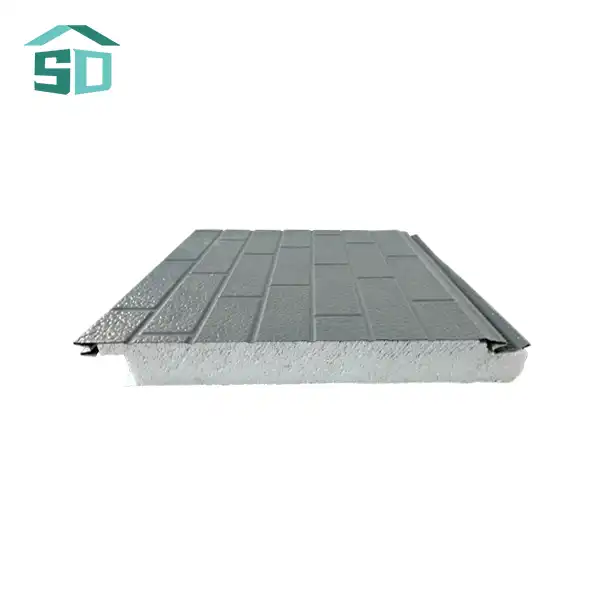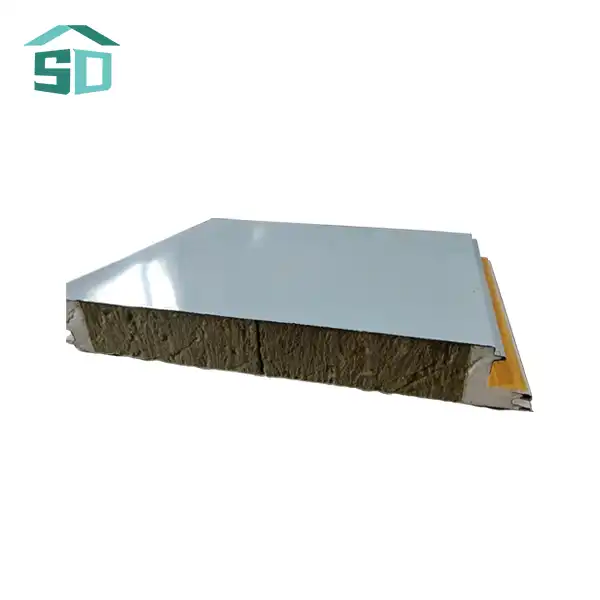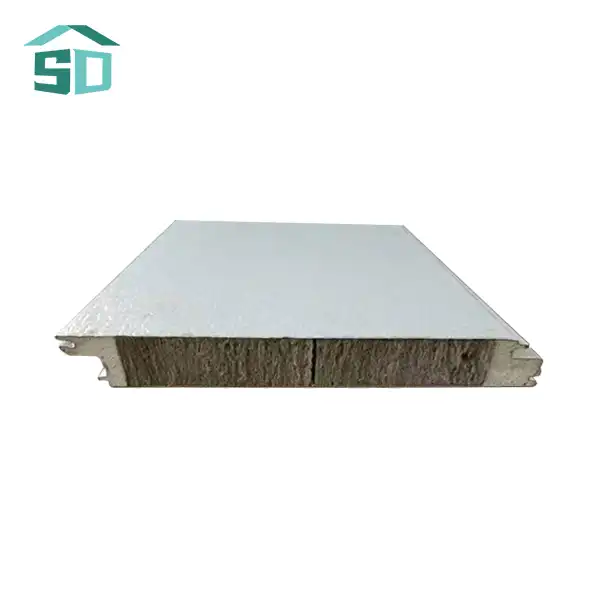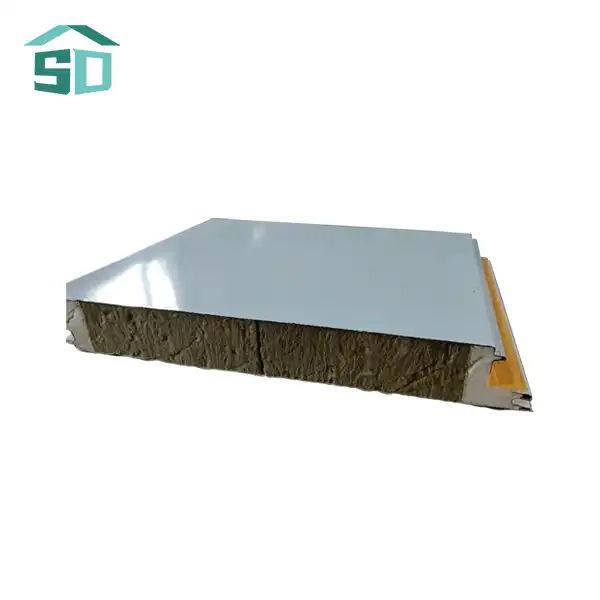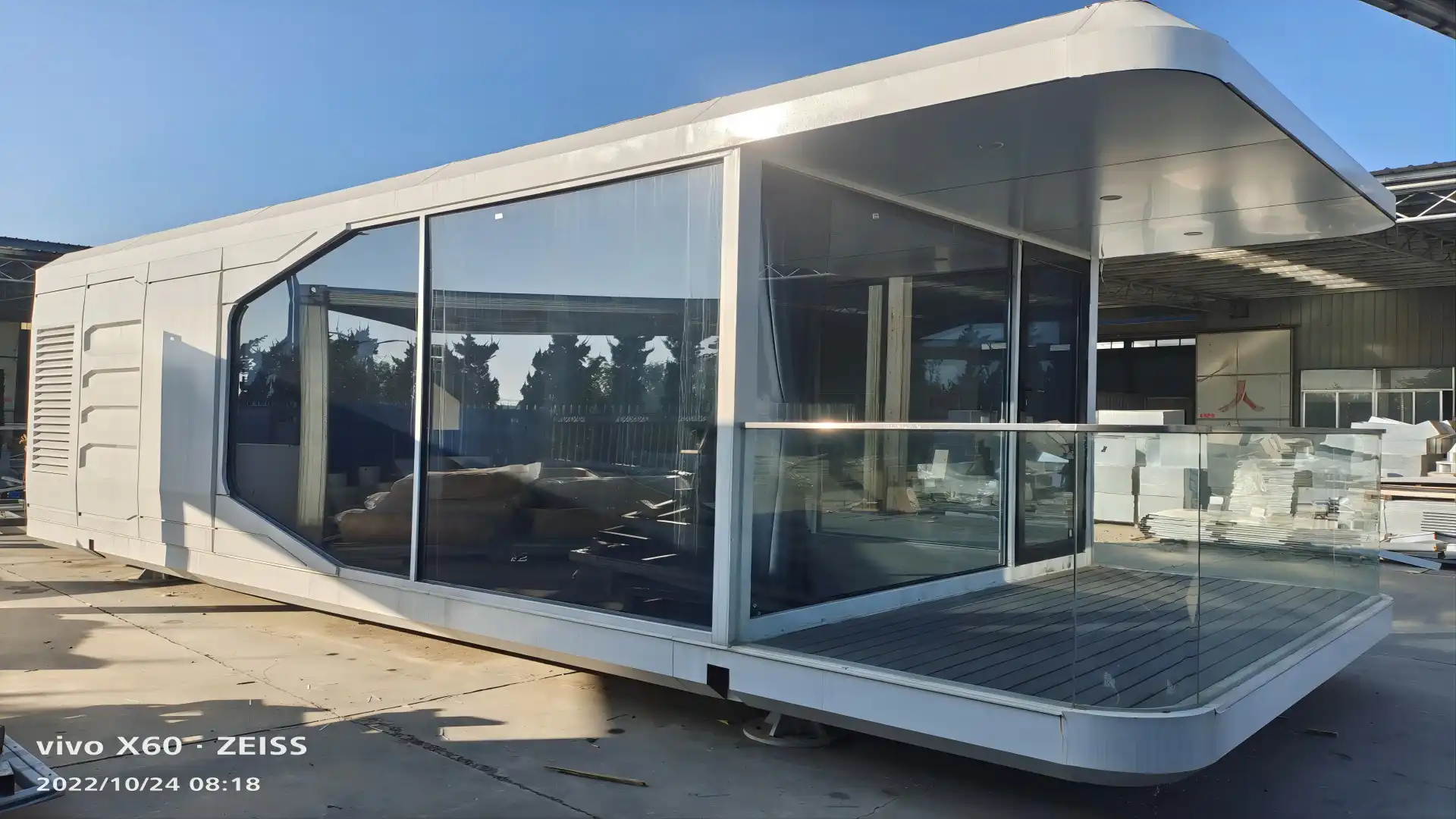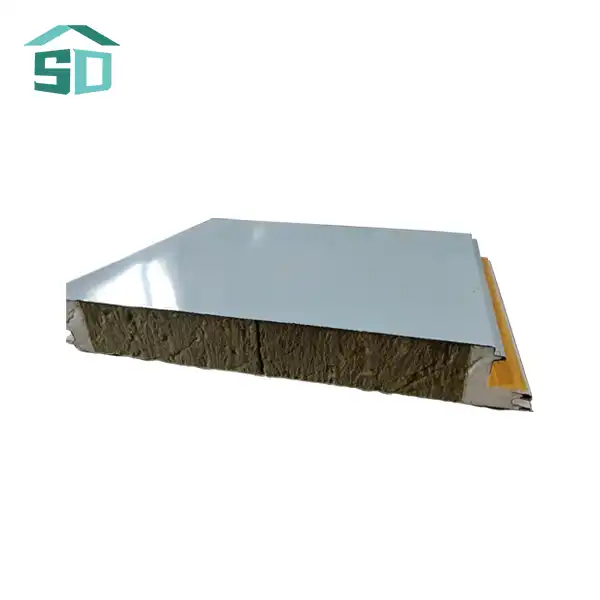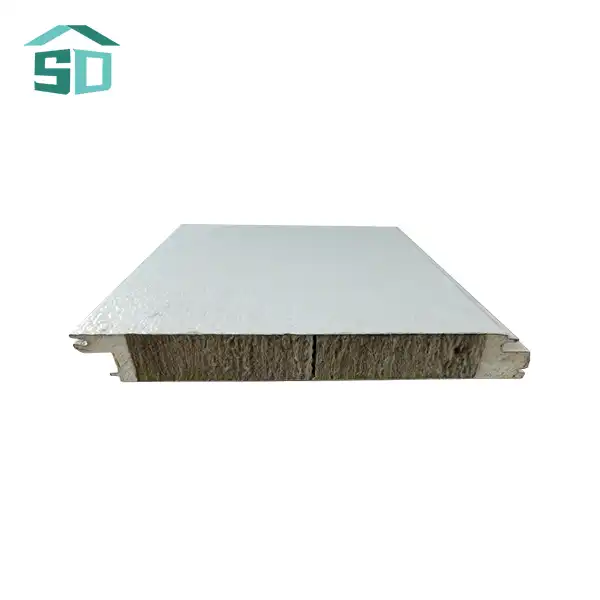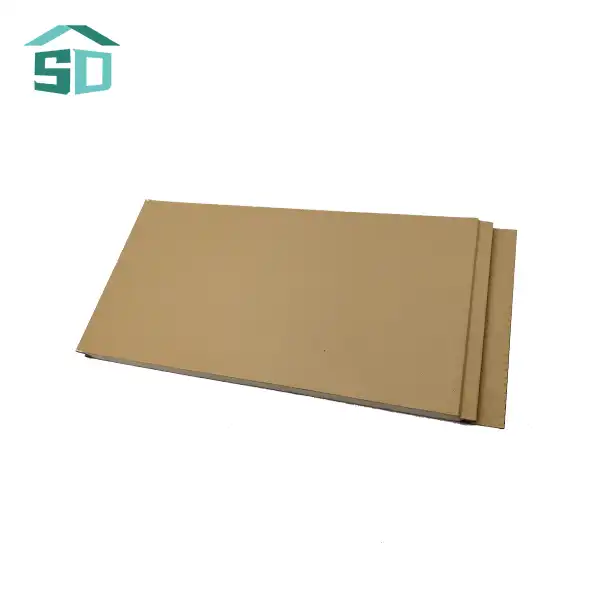Understanding Building Codes for Thermal Insulation Panels
The Importance of Building Code Compliance
Building codes serve as the foundation for construction safety and efficiency. They establish minimum standards that ensure structures are safe, energy-efficient, and durable. For thermal insulation panels, these codes typically focus on several key areas:
- Thermal performance
- Fire resistance
- Structural integrity
- Moisture control
Compliance with these codes is not optional; it's a legal requirement that protects building occupants and ensures the longevity of the structure. Non-compliance can lead to hefty fines, project delays, and even legal consequences.
Key Parameters in Building Codes for Insulation Panels
When evaluating whether your thermal insulation panels meet building codes, consider these crucial parameters:
1.R-value: This measures the panel's thermal resistance. Higher R-values indicate better insulation performance. The required R-value varies depending on your climate zone and the specific application (walls, roofs, etc.).
2.Fire rating: Building codes specify minimum fire resistance ratings for different building components. For instance, our thermal insulation panels boast a fire-protection rating of B1/B2, meeting strict safety standards.
3.Structural performance: Panels must withstand wind loads and other environmental stresses. Our panels, for example, offer a wind resistance of 8.0 Kpa, ensuring stability in various weather conditions.
4.Moisture resistance: Codes often require insulation to resist moisture infiltration to prevent mold growth and maintain insulation effectiveness. Our panels have a remarkably low waterproof rate of 0.0008, exceeding typical requirements.
Features of Code-Compliant Thermal Insulation Panels
Superior Thermal Performance
Code-compliant thermal insulation panels excel in their primary function: insulation. Our panels, for instance, boast a thermal conductivity of 0.018W/m.k and a thermal resistance of 2.09m2k/w. These impressive figures translate to significant energy savings and enhanced comfort for building occupants.
Fire Resistance and Safety
Fire safety is paramount in building codes. High-quality thermal insulation panels are designed with flame-resistant properties to slow the spread of fire and protect occupants. The B1/B2 fire-protection rating of our panels ensures they meet or exceed most local building code requirements for fire safety.
Durability and Longevity
Building codes often address the long-term performance of materials. Code-compliant thermal insulation panels are built to last, resisting corrosion, UV rays, and harsh weather conditions. This durability ensures that the panels maintain their insulation properties over time, continuing to meet code requirements years after installation.
Versatility in Application
Modern building codes recognize the diverse needs of different structures. Code-compliant thermal insulation panels offer versatility, suitable for both interior and exterior walls. Our panels come in various thicknesses (10mm for interior, 16mm/20mm for exterior) and widths (383mm exterior, 450mm interior), allowing for customization to meet specific code requirements for different applications.
Ensuring Your Thermal Insulation Panels Meet Code Requirements
Choosing Certified Products
The surest way to meet building codes is to select thermal insulation panels that have been tested and certified by recognized authorities. Certifications provide a dependable assurance that the products meet strict industry standards for safety, performance, and energy efficiency. Always check for certifications that are applicable to your specific region and intended use, such as fire resistance, thermal conductivity, or environmental compliance. These verified credentials help ensure that your project remains compliant from the outset.
Working with Knowledgeable Suppliers
Partnering with experienced suppliers like Weifang Sandong Building Materials Co., Ltd. can simplify the process of ensuring code compliance. With in-depth knowledge of industry standards and local building regulations, we provide expert guidance from product selection to installation. Our team works closely with clients to ensure that all thermal insulation panels meet the necessary performance and safety criteria. This partnership helps eliminate guesswork and streamlines compliance across every stage of your project. Our team is well-versed in building codes across various regions and can guide you in selecting the right thermal insulation panels for your specific project needs.
Regular Inspections and Maintenance
Meeting building codes isn't a one-time achievement; it requires ongoing attention. Ensuring your thermal insulation panels remain compliant means committing to regular inspections and proactive maintenance. Over time, environmental factors, wear and tear, and structural changes can compromise panel performance. By routinely checking for damage, moisture infiltration, or insulation degradation, you help preserve the energy efficiency and fire safety that building codes demand. This vigilance safeguards your investment and ensures long-term regulatory compliance.
Customization for Specific Requirements
Standard insulation solutions may not always align perfectly with every project's demands or regional code variations. In these situations, it's crucial to partner with suppliers who offer flexible customization. Our thermal insulation panels can be precisely tailored in dimensions, thickness, color, and surface finishes to align with both functional needs and aesthetic goals. This adaptability ensures that your panels comply with local codes while seamlessly integrating into your architectural design.
Conclusion
Ensuring your thermal insulation panels meet building codes is crucial for the safety, efficiency, and longevity of your construction project. By choosing high-quality, certified products and working with knowledgeable suppliers, you can navigate the complexities of building codes with confidence. Remember, compliance isn't just about avoiding penalties—it's about creating safer, more comfortable, and more energy-efficient buildings.
For more information on code-compliant thermal insulation panels and how they can enhance your next construction project, don't hesitate to reach out to us at info@sdqsc.com. Our team of experts is ready to help you find the perfect solution that meets both your project needs and all relevant building codes.
